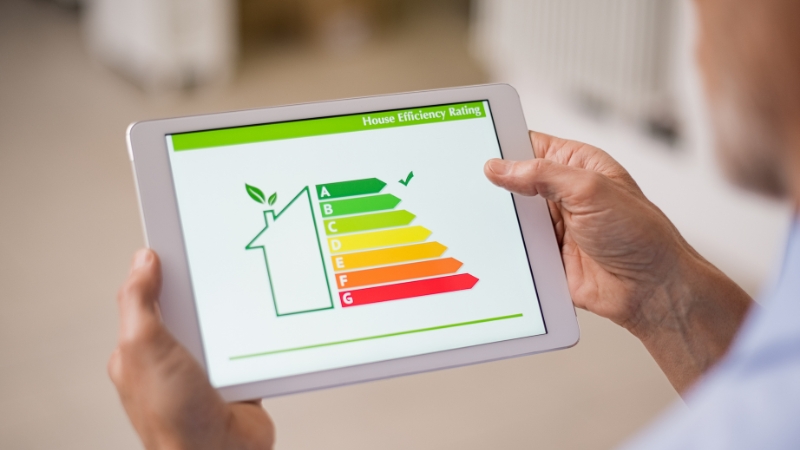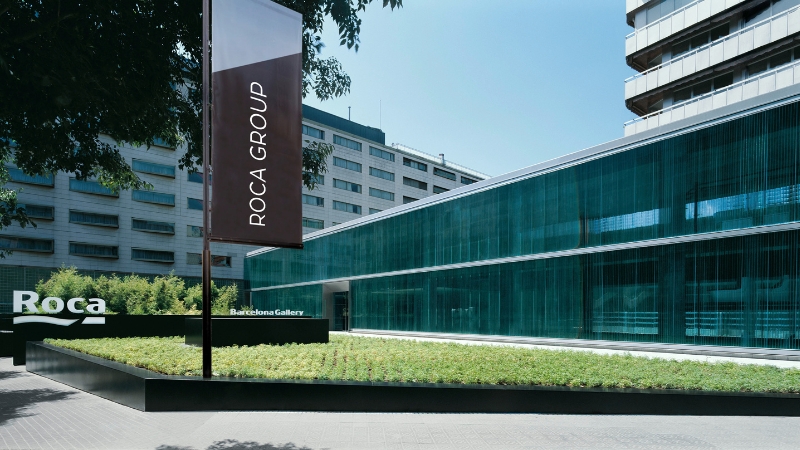Shortage of supply in both the lettings and sales segments continue to present a huge challenge for the market, according to the January 2017 RICS UK Residential Market Survey.
Survey in brief:
- UK house sales still lack momentum in January.
- Prices and rents continue to rise; shortage of stock is a key factor.
- Buy-to-let investment anticipated to decline given current policy landscape.
“The scale of the challenge government faces as it announces its new approach to housing is clearly demonstrated in the results from our latest survey,” said Simon Rubinsohn, RICS Chief Economist. “Not only are the headline price and rent series pointing to further increases over the course of this year, but more significantly, the medium term view of RICS professionals working up and down the country is that both house prices and rents will over the medium term continue to grow at a faster pace than wages putting even greater pressure on affordability. Whether the measures announced can ease this this trend remains to be seen.
Lettings market
In January, new landlord instructions in the lettings market failed to improve for a fourth consecutive quarter across the UK. Moreover, respondents predicted that this issue would worsen over the medium term and indicated that they expected landlords to decrease the size of their portfolios over the next three years.
Changes to Stamp Duty in April, alongside scheduled cuts to mortgage interest tax relief, were both seen as important factors diminishing the attractiveness of buy-to-let as an investment as 28% more respondents felt that landlords were likely to decrease the size of their portfolio over the next twelve months. Over the next three years, 26% more contributors expected landlords to scale-back their portfolios. It is, however, worth noting that the sentiment survey was obtained prior to the latest housing announcements.
Tenant demand
During the three months to January, tenant demand for rental properties continued to increase at the national level with the continued imbalance between supply and demand expected to squeeze rents higher. The exceptions to this pattern across the UK are to be found in London and Scotland where tenant demand is slipping back a little. Rent expectations essentially remain flat in Scotland, but are more downbeat in the capital.
Over the next five years, rental projections point to a cumulative increase of just over 25%, outpacing house price inflation over this time period (respondents anticipate prices will rise a little under 20% on the same basis).
House purchases
New buyer enquiries were more or less unchanged during January, although, with only 5% of surveyors reporting an increase in demand, this is the lowest reading since August 2016. New instructions, having remained flat for the past few months, deteriorated in January and have now failed to post a positive reading in eleven consecutive months. 11% more chartered surveyors saw a fall in new instructions in January rather than a rise, leaving average stock levels on agent’s books still close to historic lows.
Sales
At the same time, sales were flat for the second month in succession with 1% more chartered surveyors seeing a fall in sales over the month. This headline reading does mask regional variation with the sales balance rising firmly in the South West while at the other end of the scale, it declined in central London.
Sales are however predicted to improve in the near term with 15% more respondents expecting a rise over the next three months nationally. What’s more the balance of respondents predicting that sales will increase over the year to come reached a one-year high (+37 net balance).
Price balance
Meanwhile, 25% more respondents saw a rise in prices, rather than fall in January, as prices tick back up. Looking across the UK, the past price balance deteriorated slightly in central London for the second straight report and has now been in negative territory for eleven consecutive months. Most other parts of the UK continue to see prices rise, with the North West returning the highest net balance for a third survey running.
Prices are expected to continue to rise over both the next three and twelve months across the UK in all regions except central London.




